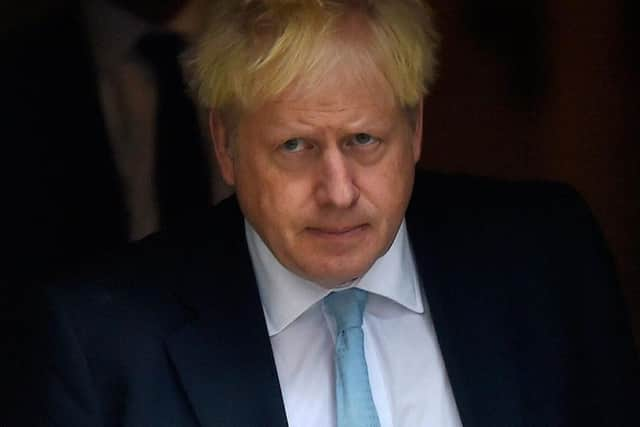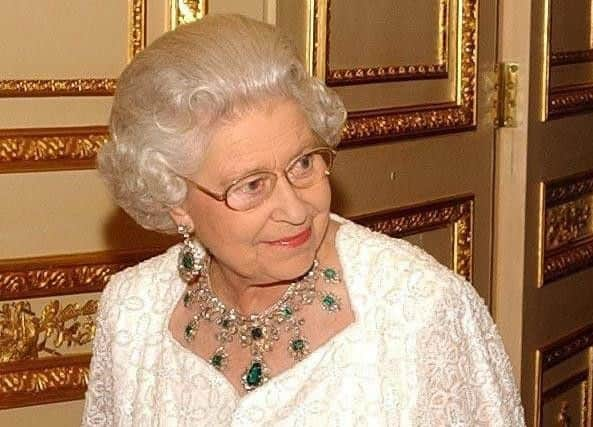Why can Boris Johnson prorogue Parliament again?
Having had his previous prorogation struck down, the news has caused some consternation.
The date for the return of Parliament and the ceremony involving the Queen remains the same despite the constitutional difficulties the Prime Minister has faced.


This time is different
Advertisement
Hide AdAdvertisement
Hide AdThe last prorogation was contentious - and ultimately ruled unlawful - because of the purpose it was believed to serve: shutting down debate in Parliament for an unreasonable amount of time.
With Brexit looming and the Benn Act yet to be voted on when the original prorogation was granted by the Queen, MPs were up in arms about being silenced for weeks.


But that doesn't mean prorogation, per se, is banned.
Wait, what's prorogation again?
Prorogation is the way a session of Parliament comes to an end. It clears out the legislation that hasn't yet passed and leaves the Government with a blank slate when it resumes.
It's not the same thing as dissolving Parliament, which happens before a general election and means that particular arrangement of MPs won't return.
It's also not the same thing as Parliament going into recess, which happens when MPs vote for a break - for party conferences, traditionally, or constituency work, or other reasons.
The way the British legislative system works means that prorogation is required, as a tool - and especially so for a minority Government that can't appear to get anything done until Brexit is dealt with.
The current parliamentary session is the longest on record, and much of its legislation derives from Theresa May's tenure, so there's a case that Mr Johnson, as the new Prime Minister, has every right to prorogue and start again with his own agenda.
What's the case against prorogation?
Despite proroguing, in and of itself, being a perfectly reasonable thing for a Prime Minister to do, there are still objections.
Advertisement
Hide AdAdvertisement
Hide AdOne constitutional expert from University College London told The Independent the new Queen's Speech is objectionable because it is clearly designed as an election manifesto rather than a genuine slate of legislation.
"The Queen will have been used to make a Conservative Party political broadcast," Professor Robert Hazell said.
That's a political point though. It's unlikely that the Supreme Court would repeat a ruling against prorogation purely on the basis that the Government might soon call an election.
When is the election?
The Conservatives are very clear they want one as soon as possible - and they've used time at Prime Minister's Questions and elsewhere to push other parties into allowing one.
The difficulty is that with the Fixed Term Parliament Act in place, the Government needs the opposition to support an election to get one. That's rare, but at the moment, with the opposition united in a desire to secure an extension to avoid no-deal Brexit, it's currently the case.
Labour have signalled that they could allow one after 31 October - once no-deal Brexit is avoided.